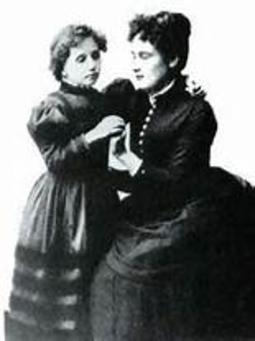Even when we came into Macedonia our flesh had no rest,
but we were afflicted on every side:
conflicts without, fears within. (2 Cor. 7:5 ESV)

Sometimes Christians get the wrong idea about faith. Knowing that only believers enter the celestial city, we put a great deal of importance on faith, and if it wavers, we become fearful. If we experience doubt, we wonder if our faith is failing – if, after all, we’re not Christians at all, or if we are, if we haven’t departed from the Lord and ceased to be such. I myself have been there – I won’t go into the details, but there was a time in the 80s when I seriously did wonder whether I’d ever been saved in the first place. My faith was under attack, and I grew afraid.
To some extent at least this grows out of a wrong idea of what faith is. Even the most knowledgeable Christians can sometimes make this mistake, believing that Biblical faith has something to do with our emotion state, or that it’s something we have to muster up from within ourselves. Let’s be sure of what faith is, and then attacks against our faith arise along this line, we’ll be better able to resist. There are two related Greek words we need to consider, one a noun and one a verb – pistiz and pisteuw (pistis, pisteuo). The noun means, “reliance upon, trust in, dependence on,” and of course the verb means “to rely on, to depend on, to trust.” Thus, when we have faith, or when we believe, we have that trust and dependence on Christ, we’re trusting Him and depending on Him. And it is important that we have the proper object of our faith. We must trust Jesus, Jesus entirely, and Jesus only. If we trust anyone or anything other than the Lord Christ, our faith is in the wrong object, and we’ll never see God. If we trust Jesus partly and something or someone else partly, we’re again not believing as the Bible demands, and we’ll come short of the heavenly city. Biblical faith has as its object Jesus alone and Jesus to the uttermost.
And it is here that some professing Christians miss the point.










